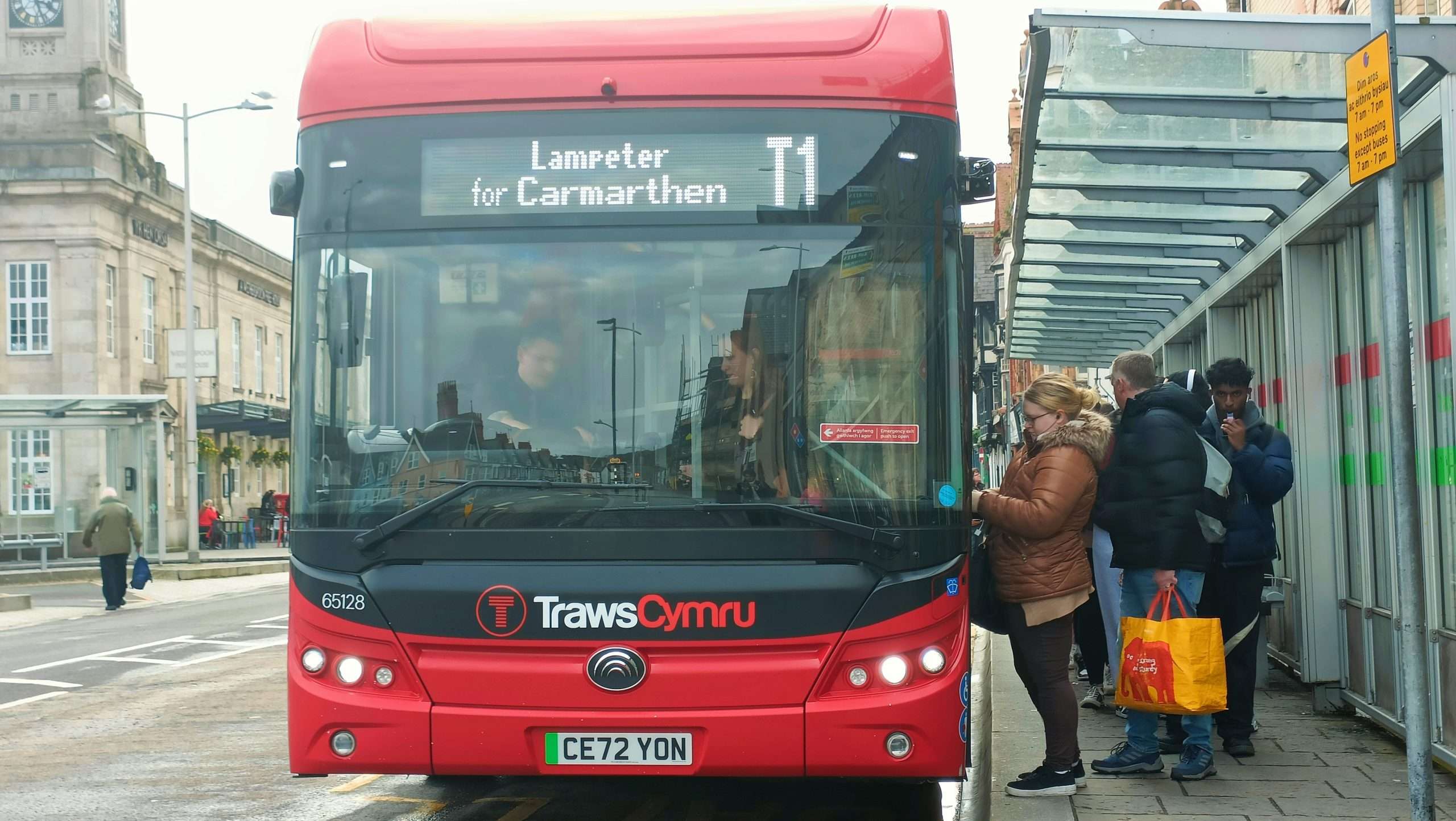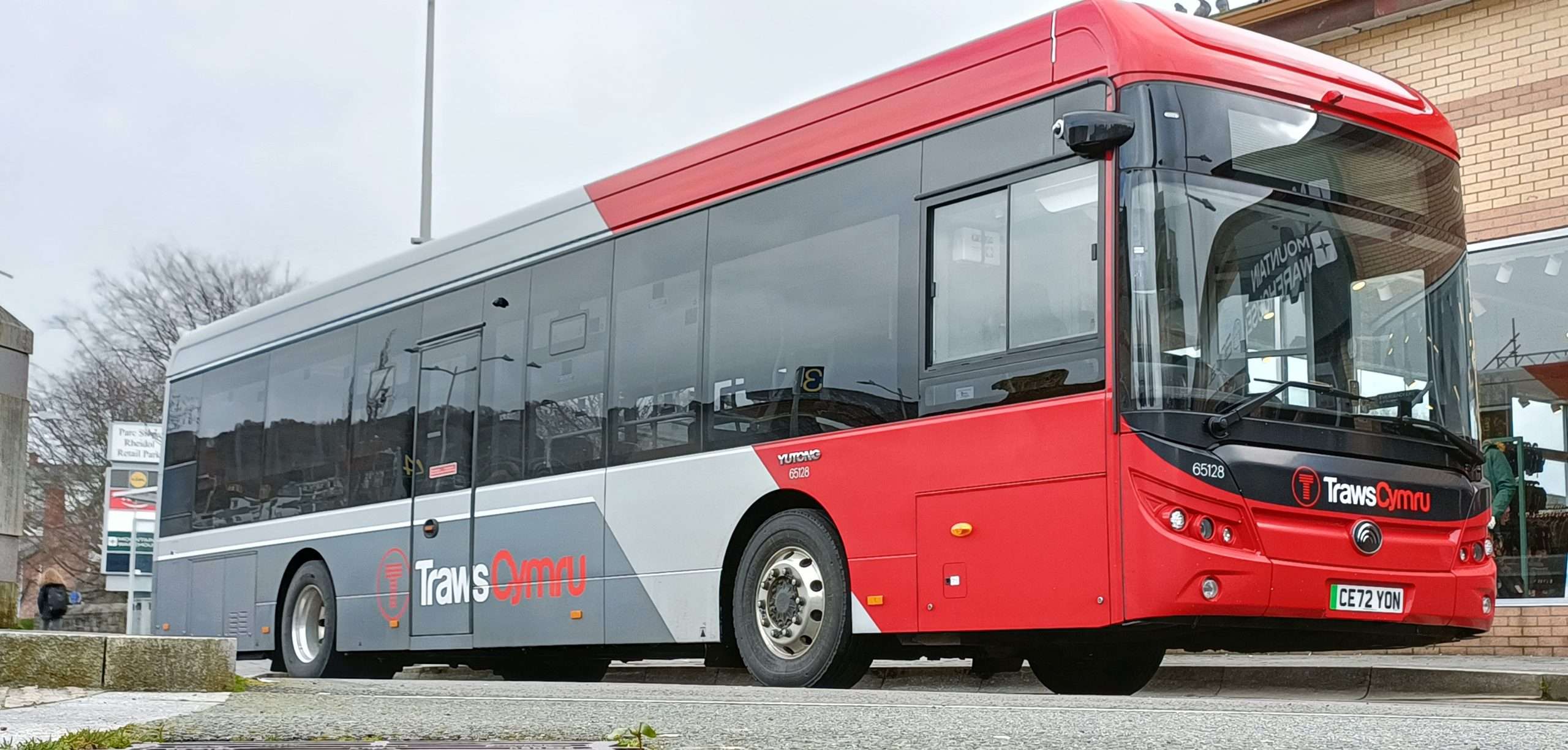Disabled passengers are set to navigate buses with greater ease, thanks to almost £5 million being made available to rollout audible and visual announcements throughout Great Britain.
In the latest of a string of initiatives to improve accessibility across public transport, applications have today (8th April) opened for small bus and coach operators to bid for a share of £4.65 million to install state-of-the-art technology that will both display and announce information clearly for all passengers, including those with sight and hearing impairments.
Known as the Accessible Information Grant, this funding will be vital in supporting small operators to fit screens, speakers and induction loops guaranteeing passengers are informed about which route they are on and what stop they are at throughout their journey.
The grant applications support regulations which were introduced last year requiring all bus operators to provide audio and visual updates on journeys, and follow £350 million announced last year to improve accessibility at train stations thanks to reallocated HS2 funding.
Guy Opperman, Minister for Accessibility and Ministerial Disability Champion at the Department for Transport, said:
“Buses are the most used form of public transport in the country, and for people who are disabled they may be the only way to meet friends and family, attend medical appointments or get to work.
“I can only imagine how daunting it must be to get on a bus and not know for certain where it’s going or when to get off, which is why we introduced new rules to ensure all buses provide this information in an accessible way. This £4.65 million is the extra push to give operators the tools to upgrade their buses on time and ensure all passengers can board with confidence.”
Last year, regulations were introduced requiring all bus operators throughout Great Britain to provide high quality and accessible announcements across their networks to ensure disabled people are not left in the dark when it comes to using our public transport. By supporting smaller bus companies, this funding will help ensure that all operators are able to meet that October 2026 deadline.
Pete Osborne, Deputy CEO at Guide Dogs said:
“Accessible buses can unlock opportunities to get around independently, whether that’s to travel to work, go shopping or see friends. But for many people with sight loss, bus travel has been difficult or impossible because of a lack of audio next stop and final destination announcements.
“After years of campaigning, we were delighted with the new regulations announcement last year and we greatly welcome the opening of these grants. AV announcements on buses will be a significant step forward in creating a more inclusive and accessible transport network, helping people live the lives they choose.”
This comes as the Government, alongside charity Scope, has published the ‘Right to Ride’ guide which helps disabled people and others with reduced mobility when using bus, coach, taxi, private hire vehicle and rail services by compiling helpful travel information together in one easy to read document.
‘Right to Ride’ explains the actions a disabled person can take when a journey has been disrupted or the assistance provided is unsatisfactory or has failed, providing guidance on:
the rights of disabled passengers travelling across Great Britain
what to expect in terms of assistance
what to expect in terms of accessibility
how to make a complaint if travel does not go as planned
how to claim compensation or redress
Mark Hodgkinson, Chief Executive at Disability Equality Charity Scope, said:
“Disabled people have been campaigning for many years to make public transport more accessible.
“We know that disabled passengers are often let down by poor customer service, inaccessible transport and a lack of up-to-date information. When things go wrong it can often have a big impact and be hard to know what your rights are to put things right.
“The Right to Ride document is a significant step forward in providing disabled people with more clarity and transparency over their rights and what to expect when travelling on public transport.
“We want transport companies to listen to their disabled customers and make travel more accessible for all.”
This guide is a positive step forward in helping disabled people know their rights and how to find assistance across land modes of transport, set out as a priority in the Inclusive Transport Strategy (ITS).
This follows on from a number of initiatives to improve accessibility across transport, including funding step-free access at over 240 train stations through our Access for All programme, as well as the further £350 million to come. The Government has also committed to publishing a National Rail Accessibility Strategy, announced plans to strengthen air passenger rights including for disabled passengers, released new training on handling powered wheelchairs on aircraft and the Air Passenger Travel Guide. The Department also runs the ‘it’s everyone’s journey’ campaign, a Government-backed initiative to highlight the part we can all play in improving disabled people’s experiences when using public transport. This is all on top of the Disability Action Plan which sets out the immediate actions the government will take in 2024 to improve disabled people’s everyday lives and lays the foundations for longer-term change.
Please donate here: Support Carmarthenshire News Online Thank you for supporting independent journalism and contributing to the future of local news in Carmarthenshire. Carmarthenshire News Online has been dedicated to providing unbiased and trustworthy news, free from commercial or political influence. By donating as little as £1, you can help ensure the continuation of this important source of information for the community. Your contribution will have a significant impact on the sustainability of independent journalism. If you're looking to enhance your brand's visibility, we also offer advertising opportunities on our Livestream and podcasts. Our special offers provide excellent value for reaching our engaged audience. To learn more about these opportunities and to discuss your advertising needs, please feel free to call or text us at 07308598604. Thank you again for your support, and together we can ensure the availability of quality local news for Carmarthenshire and beyond.
Please donate here: Support Carmarthenshire News Online







